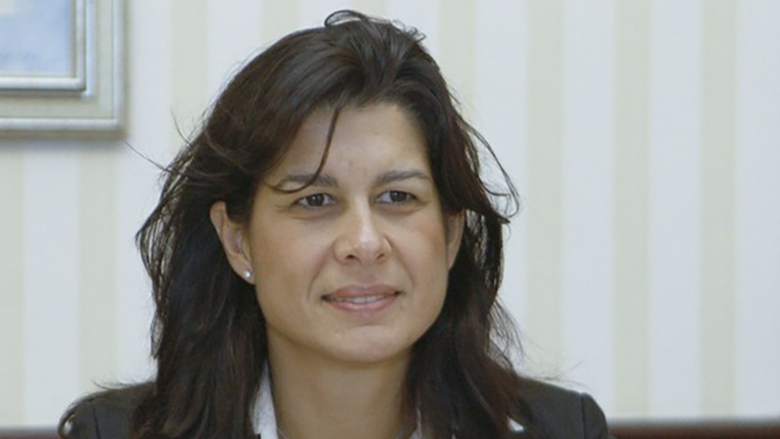Financial education has fast emerged as a key policy tool to help individuals and households navigate the increasingly complex financial decisions they have to make in both the short- and long-term.Yet, evidence is very mixed on the effectiveness of such programs, which generally under-deliver on their original promise.
This talk digs into the weeds of financial education and summarizes the growing consensus on what works and what doesn’t in the financial education space. What we do know is that conventional approaches that involve financial education delivery through standard classrooms are universally ineffective. However, some new and innovative approaches show a lot more promise. These approaches focus on alternative delivery channels and target groups, personalized content, and the use of psychological insights and triggers to facilitate behavior change.
Through this new line of research, we can begin to understand which aspects of financial education interventions facilitate informed economic decision-making, and where the link between financial education and financial outcomes might break down in unsuccessful programs.


